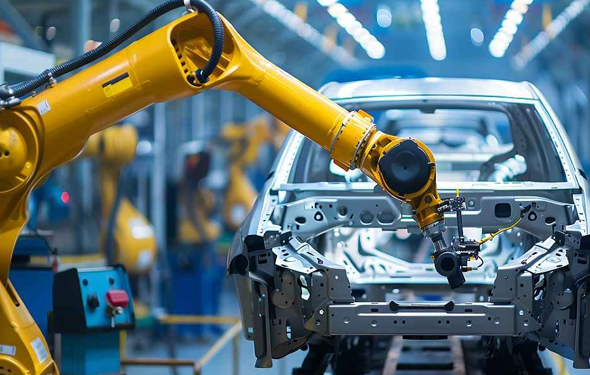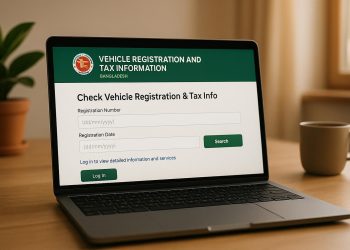The automotive industry in Bangladesh experienced a significant downturn in 2023, marking the lowest car sales in a decade. Data from the Bangladesh Road Transport Authority (BRTA) shows a 35% decline in passenger car registrations, from 16,695 in 2022 to just 10,784 in 2023. This slump is attributed to a combination of economic factors, including rising car prices due to the appreciation of the US dollar, increased import duties, and a strained global economy. As the costs of vehicles soared, they became less accessible to the country’s predominantly middle-class buyers, pushing many potential customers out of the market.
Economic Pressures and High Dollar Rates Impact Car Prices
The cost of imported vehicles in Bangladesh rose sharply as the value of the US dollar increased by approximately 26% over the past 18 months. This currency fluctuation, combined with higher import duties calculated against the dollar value, led to a price hike of at least 10% for most passenger cars. Given these conditions, the average Bangladeshi consumer, who typically prefers lower-end reconditioned cars, found themselves priced out of the market. According to Arif Khan Bipu, managing director of Motors Bay Ltd, the overall economic downturn and high inflation rates have only made it harder for mid-income customers to justify the cost of car ownership.
Obstacles in Car Imports and Letter of Credit Challenges
Importers are also facing increased challenges in bringing cars into Bangladesh. Banks now require a 100% margin to open Letters of Credit (LCs) due to the unstable currency situation, making importing vehicles more expensive and risky. Md Habib Ullah Dawn, president of the Bangladesh Reconditioned Vehicles Importers and Dealers Association (Barvida), noted that these issues have resulted in a 65% drop in car imports over the past year. Additionally, political instability, marked by frequent strikes and blockades, has further reduced consumer confidence, impacting demand for passenger vehicles.
Car Sales Reflect Broader Economic Concerns
Industry experts agree that the car market’s struggles reflect Bangladesh’s broader economic challenges. Abdul Mannan Chowdhury Khoshru, a former Barvida president and owner of Nippon Auto Trading, explained that as inflationary pressures increase, fewer people can afford what is often considered a luxury item. The gap between the official exchange rate for opening LCs (Tk 111 per US dollar) and the rate at which they must be settled (Tk 120 per dollar) further exacerbates importers’ financial burdens, limiting their ability to bring in inventory and manage costs effectively.
Hope for Market Recovery
Despite these challenges, some industry leaders remain cautiously optimistic. Dawn, who runs Auto Museum Ltd, stated that while his monthly sales were down from an average of 70 units to just 20, he retained his workforce in anticipation of improved conditions in 2024. Others in the industry are similarly hopeful that easing inflation and a stabilized currency will eventually revive consumer demand. However, for the car market to fully recover, Bangladesh will likely need both economic stability and continued government support to make car ownership more accessible to the broader population.
Conclusion
The steep decline in car sales in Bangladesh in 2023 highlights the pressures of economic instability, high inflation, and a strengthening US dollar, which have all converged to price vehicles beyond the reach of many consumers. Although the car industry in Bangladesh faces significant hurdles, there is hope that a stabilized economy and easing of import challenges could see a resurgence in sales. Until then, the car market’s performance will remain a critical indicator of the nation’s overall economic health, reflecting the impact of broader fiscal policies and the resilience of its middle-income consumers.




